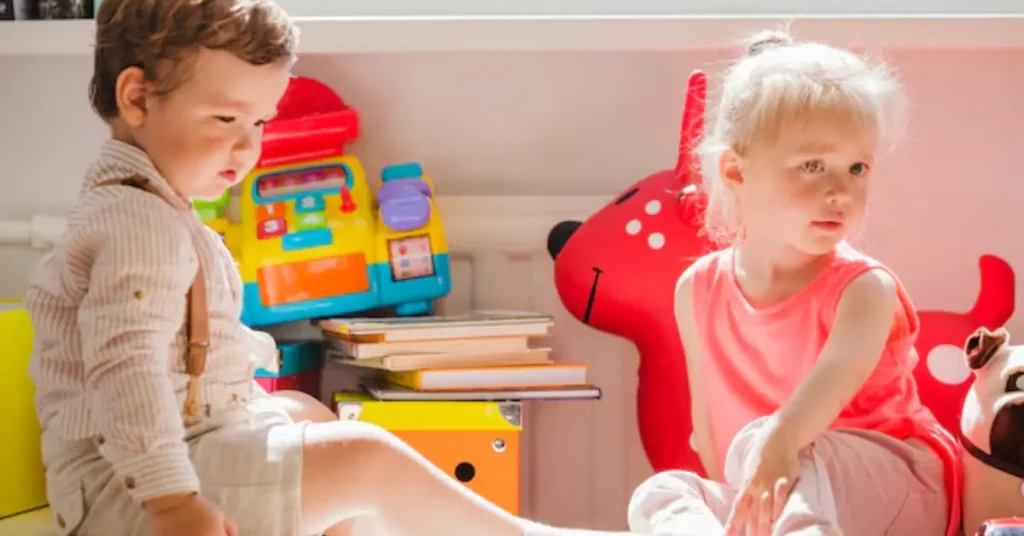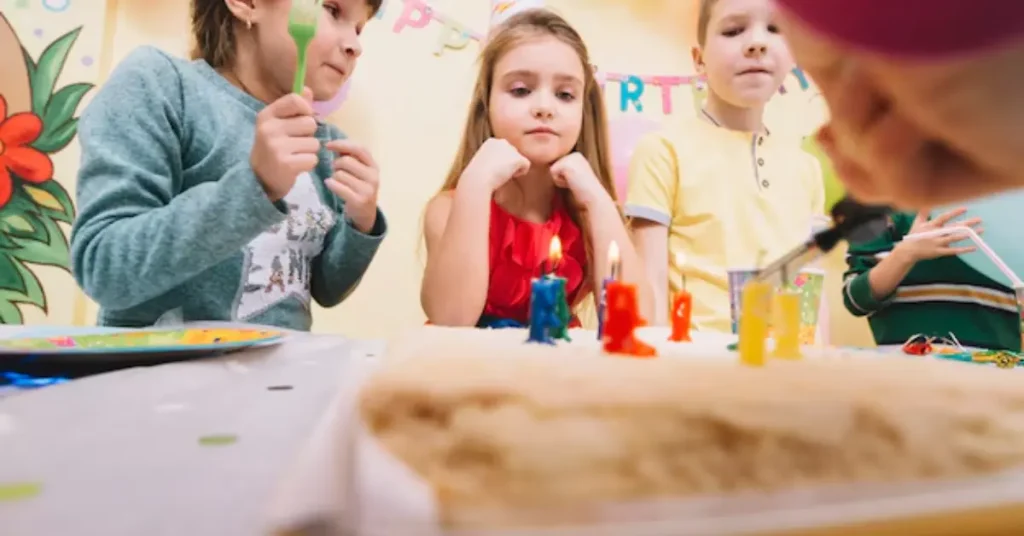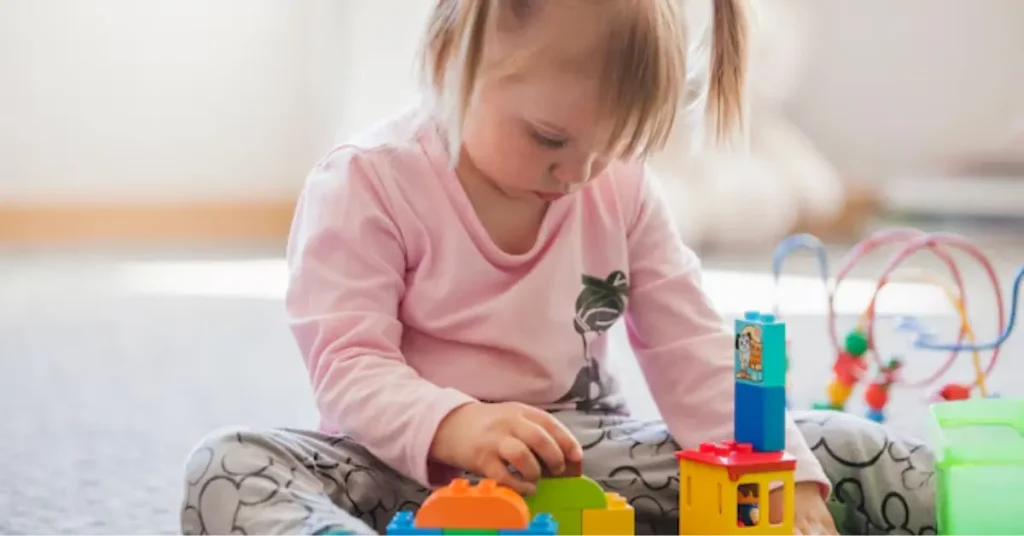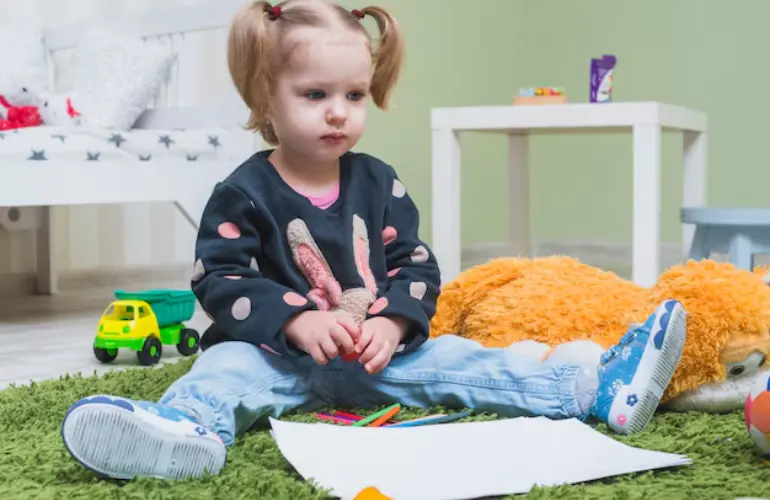Educational shows for toddlers are not just a simple entertainment for kids, but use tools that can positively influence the learning and development of the toddlers during their early stage. That is why at this age, children are so receptive to everything that is going on around them, similar to a sponge. That is why choosing the appropriate programs for children, parents and other caregivers can create interest in learning that will last throughout education. In this article I will explain why educational programs for toddlers are so necessary and how they may help your child.
The Role of Educational Shows in Toddler Development
Educational shows for toddlers are very important as they help in the development of their thinking and emotional skills. These shows are meant for educating the young learners about numerical digits, alphabets, colors, and shapes, which are put in humorous and bubbly stories, songs, and other forms. These programs can help the toddlers to learn such things as problem solving, critical thinking and even creativity from the shows they watch. Lets dive in best educational shows for kids.
In addition, educational shows also focus on the aspect of social learning by educating children on their feelings, sharing and even being kind to others. These lessons are taken through the use of characters that are easily understood by the toddlers. For example, a show like “Sesame Street” was praised for the development of children’s social and emotional learning that enables them to make sense of experiences.
How to Choose the Best Educational Shows for Toddlers
When looking for kids’ programs, especially for toddlers, it is vital to focus on the shows that belong to the child’s age and preferred topic. Here are some key factors to consider
1. Content That Encourages Curiosity
The most effective educational shows for toddlers are sub genres of shows that evoke the desire to learn in kids. Television programs that include questions or propose certain challenges, or that introduce new topics and their possibilities, are perfect. For instance, ‘Blue’s Clues’ and ‘Dora the Explorer’ are programs that are aimed at getting children to solve problems and this makes them curious and intelligent. Also enjoy
2. Age-Appropriate Material
Parents have to ensure that they select child educational programs appropriate for the age of their child. Children in the class also differ in learning abilities because they are toddlers hence the content must suit the class. They may lose interest when watching such shows if these shows are too simple while on the other hand if the shows are too complicated, they may not be able to understand what is being shown to them. Popular educational shows for toddlers, like “Paw Patrol” and “Peppa Pig,” are specifically designed to be accessible and enjoyable for this age group.

3. Healthy and Adaptive Messages
The educational programmes to be watched by the toddlers should have positive model effects and the message passed should be constructive. Positive outcomes can have an impact on your child since there are characters that portray a kind and cooperative personality as well as one that is compelled to continue on regardless of the circumstance. Animated programs such as “Daniel Tiger’s Neighborhood” which teaches children about SEL or social emotional learning is beneficial in teaching children about feelings and how to handle themselves and socialize with others.
4. Interactive and Engaging Content
Children learning best practices acknowledges the fact that toddlers learn when they are busy. Programmes that involve the learners or viewers in some way such as singing or answering questions or mimicking certain actions have benefits in education. Television programmes which include activities, games etc.. like “Mister Rogers Neighborhood” assists the toddlers comprehend what they are seeing.
5. Diversity and Inclusivity
When selecting TV programs for toddlers, it is also desirable to select the programs that support the idea of diversity. Learning different languages, cultures, values and norms help the child to be more sensitive to people of other cultures and learn to appreciate others. Such programs as the ‘Sesame Street’ have been applauded for its focus on the diversity of the characters as well as the portrayal of social problems for children to understand and cope with.

1. What are the benefits of educational shows for toddlers?
Watching educational shows for toddlers has a number of advantages such as, for example, the exploitation of cognitive development, language milestones, and socio figurative competence. In fact, they present young children with concepts, make them solve problems, and explain to them feelings as well as social relations.
2. How much screen time is appropriate for toddlers?
According to the American Academy of Pediatrics, children under the age of 18 to 24 months should not, at all, engage in more than one hour of screen time; secondly, any form of screen time should be of educational value. This is not a healthy situation for children thus parents should ensure their children engage in other activities like playing outside and reading books.
3. Can educational shows replace traditional learning methods?
As much as some programs may be helpful to toddlers to support other forms of learning, their programs should not be used to fully replace physical interaction and play. Play, reading and social interaction are some of the effective methods that may be used to teach toddlers.
4. Are all educational shows for toddlers equally effective?
Not all programmes that are aired in children’s programmes are very effective in reaching out to them especially the toddlers. The trade-offs must be done with a focus on programs that have been designed to teach and which meet the development of the child. This is opposed to watching shows that could just be entertaining as the latter do not offer the same learning incentives.
5. How can parents ensure that toddlers are learning from educational shows?
One also gets to learn more by watching these programs together with the toddlers and explaining whatever is on the screen. Therefore encouraging the child to answer questions, asking him/her to participate and also associating the lesson from the show to real life situations enhances the learning process.

Conclusion
It is possible to note that educational shows for toddlers are extraordinary means which can influence the child greatly. Therefore parents and caregivers should ensure that they provide their little ones with good educational resources which will make them feel happy, curious and eager to learn depending on the material provided. However, although screen time should not be used extensively, the right programs help in the learning process of early childhood.





